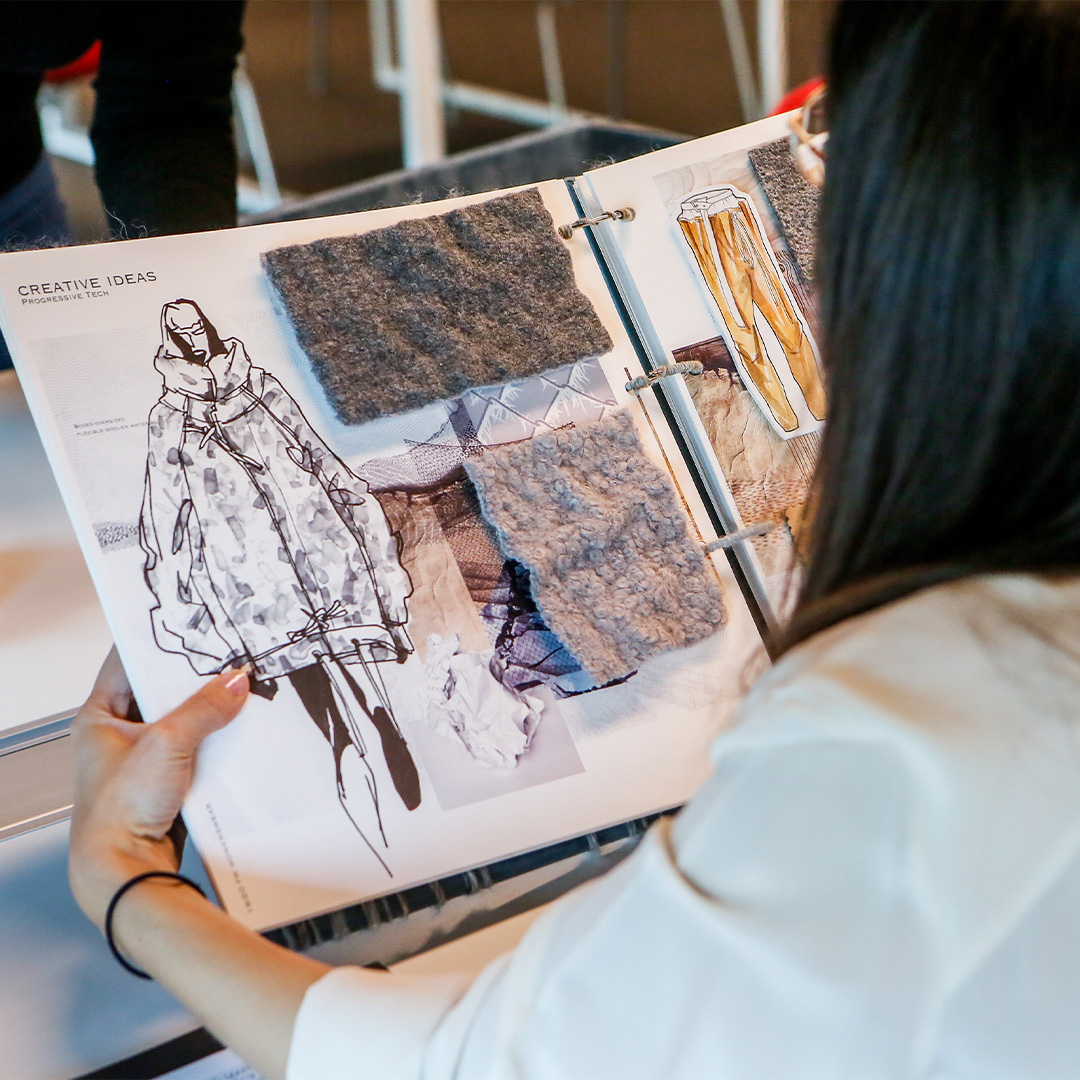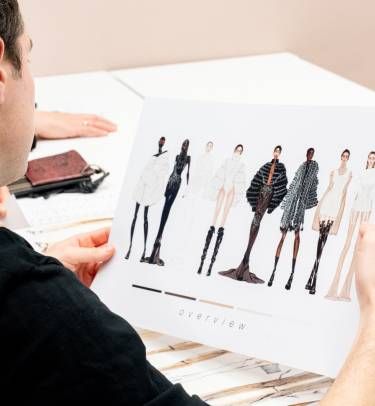
What will the fragrance of the future smell like?
What will the fragrance of the future smell like?
The world of fragrance is undergoing a transformation. Cutting-edge technologies and boundless creativity are reshaping this fast-growing sector, as it seeks new visions, new stories to tell, and the talents capable of bringing them to life.
Have you ever considered that you could be the one to launch the next J’adore on the market, or select the new muse for Chanel N°5? The managers and creative directors of tomorrow’s leading perfume houses will face an exciting challenge: to anticipate and interpret the desires of consumers who are becoming increasingly informed, demanding, and engaged. These consumers are driving the evolution of the fragrance market toward thrilling new frontiers. Fragrance sales are rising globally, and the market is expanding into new horizons. Even in China, where luxury goods sales are slowing, the fragrance segment has grown by 1%, according to the agency Circana.
Perfumes are a primary driving force in the beauty industry, which continues to be a dynamic and evolving market despite a complex economic landscape. Research shows that 46% of consumers buy perfumes mainly for personal pleasure, compared to 26% who purchase make-up and 22% who choose skincare products.
Envisioning the future of fragrance involves understanding the trends that are shaping its transformation. Key trends include sustainability, personalisation, artificial intelligence and the increasing focus on emotional wellbeing. With the launch of its Fragrances & Cosmetics courses, Istituto Marangoni Milano supports aspiring professionals in the fragrance industry, preparing them to shape its future and image.
Scent is playing an increasingly significant role in our daily lives, particularly as we pursue wellbeing. The recent Perfume Innovation Summit in Paris emphasised that more brands—from Charlotte Tilbury to Adidas (Vibes), and even the patented concept of Mindful Beauty® developed in Japan by Sinn Pureté—are investing in fragrances designed to evoke emotion and promote mental wellbeing. Notably, 48% of consumers are drawn to scents with functional benefits, such as anti-stress or energising properties.
These consumers also seek an exceptional customer experience that engases the senses. As the economy becomes increasingly digitalised, we must not overlook the importance of the five senses in all aspects of marketing and the purchasing journey. The academic pathway offered by Istituto Marangoni Milano through its Undergraduate and Master's programmes in Fragrances & Cosmetics places a strong emphasis on hands-on experience, blending theoretical study with practical fieldwork, such as flagship store visits, meetings with industry leaders, and experiential workshops. The goal is to train professionals who can communicate fragrance through both emotion and strategy, understanding how every nuance can influence purchasing decisions.
Artificial intelligence has become a valuable ally in this context. From data collection to behavioural analysis, algorithms help measure campaign impact in real time and build increasingly targeted, personalised, and global sales models. The introduction of AI into the fragrance industry supports creativity and enables the development of new models that engage a worldwide audience. Perfumery is evolving into a multicultural field, as new olfactory references from Asia, Africa, and Latin America contribute to a vibrant reimagining of codes and introduce novel ingredients and scents. That’s why an education that embraces regional diversity and teaches how to recognise its distinctive traits is essential for creating the fragrances of the future.
What will the fragrance of tomorrow look like? It will be built on four key pillars: innovation, sustainability, inclusivity, and creative freedom. Professionals who can integrate these elements with expertise and strategic vision will be the true leaders of this new olfactory era.
Will you be the one to launch the next best-selling scent? Are you ready?


